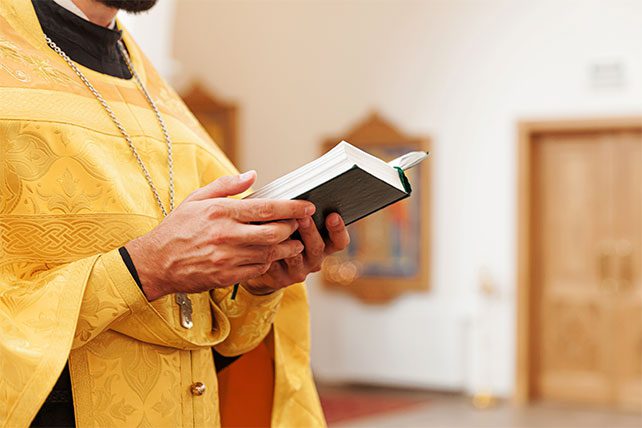In the hierarchical structure of many Christian denominations, deacons hold a unique and significant role. Often serving as a bridge between the clergy and the laity, they play various roles within the church community, from assisting in worship services to engaging in charitable work and pastoral care.
Deacons: The Pillars of Service in the Church
Despite their integral role, questions about deacons and their responsibilities often arise. We’ll explore some common questions people ask, shedding light on their purpose, qualifications, and impact within the church.
1. What Exactly Is a Deacon?
At its core, a deacon is a member of the clergy who holds a distinct role within the church hierarchy. While their specific responsibilities may vary among denominations, they are generally tasked with serving the needs of the congregation and the wider community, both spiritually and practically.
2. What Are the Qualifications to Become a Deacon?
The qualifications vary depending on the denomination and theological tradition. In many cases, candidates for the diaconate undergo a period of discernment and theological training, including education in scripture, theology, and pastoral care. Additionally, they may be required to meet certain moral and spiritual criteria set forth by their church or denomination.
3. What Do Deacons Do in the Church?
They fulfill a variety of roles within the church, including assisting in worship services, administering the sacraments (in some traditions), and providing pastoral care to members of the congregation. They may also be involved in outreach ministries, charitable work, and community service projects, demonstrating the church’s commitment to social justice and compassion.
RELATED: 12 Crazy Cool Church Outreach Ideas from Churches Just Like Yours
4. How Does the Role of Deacons Differ from That of Priests or Ministers?
While priests or ministers are typically responsible for leading worship services, preaching sermons, and administering the sacraments, they often focus more on service and pastoral care. They may assist in worship services, but their primary role is to embody the servant leadership of Jesus Christ, serving the needs of the congregation and the wider community.
5. Can Women Serve as Deacons?
The question of whether women can serve as deacons varies among Christian denominations. Some traditions, such as the Roman Catholic Church, reserve the diaconate for men only, while others, such as certain Protestant and Orthodox churches, ordain women as deacons. This issue continues to be a topic of theological debate and discussion within the Christian community.
6. What Is the Historical Origin of the Diaconate?
The origins of the diaconate can be traced back to the early Christian church, where deacons were appointed to assist the apostles in their ministry (1 Timothy 3:8-16) and to care for the needs of the growing Christian community. Their role has evolved over the centuries, adapting to the changing needs and structures of the church.
7. Are Deacons Paid for Their Ministry?
In some denominations, they may receive compensation for their ministry, particularly if they are employed by the church on a full-time or part-time basis. However, many deacons serve on a volunteer basis, balancing their ministry responsibilities with other professions or occupations.

